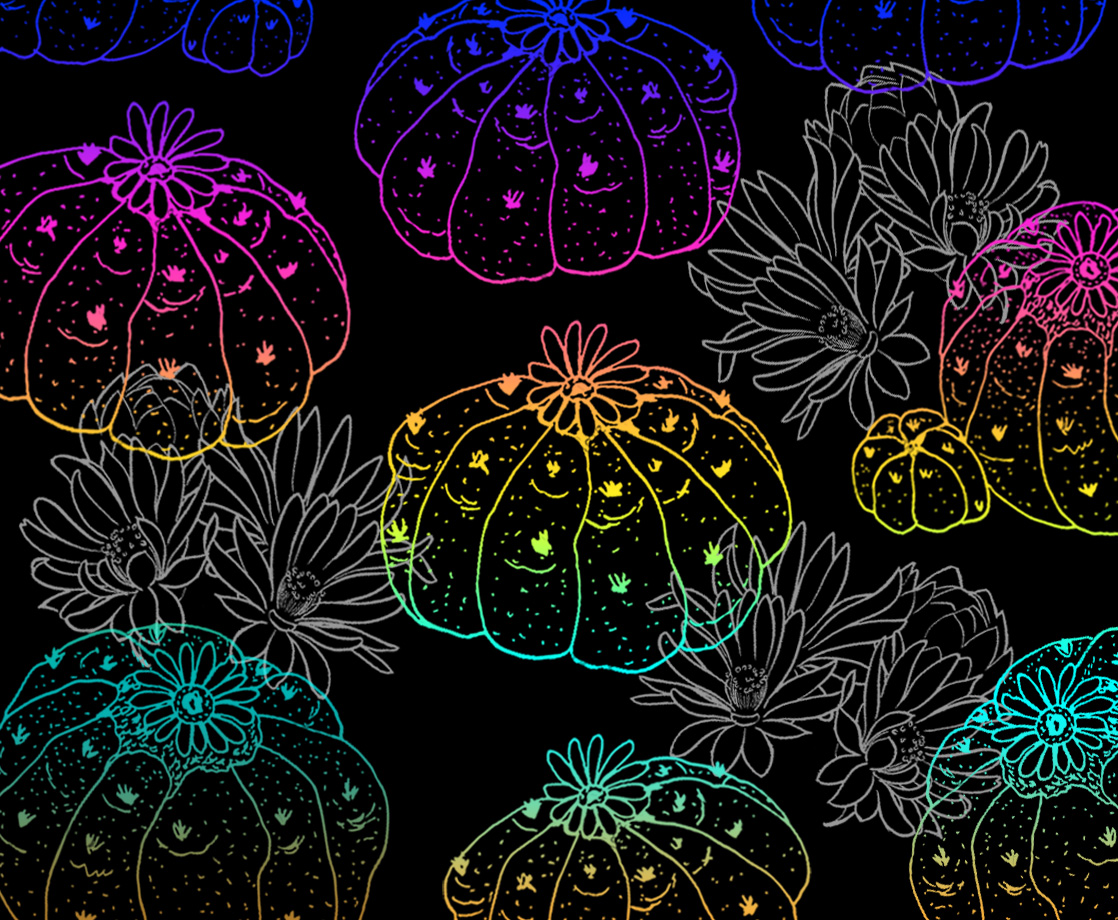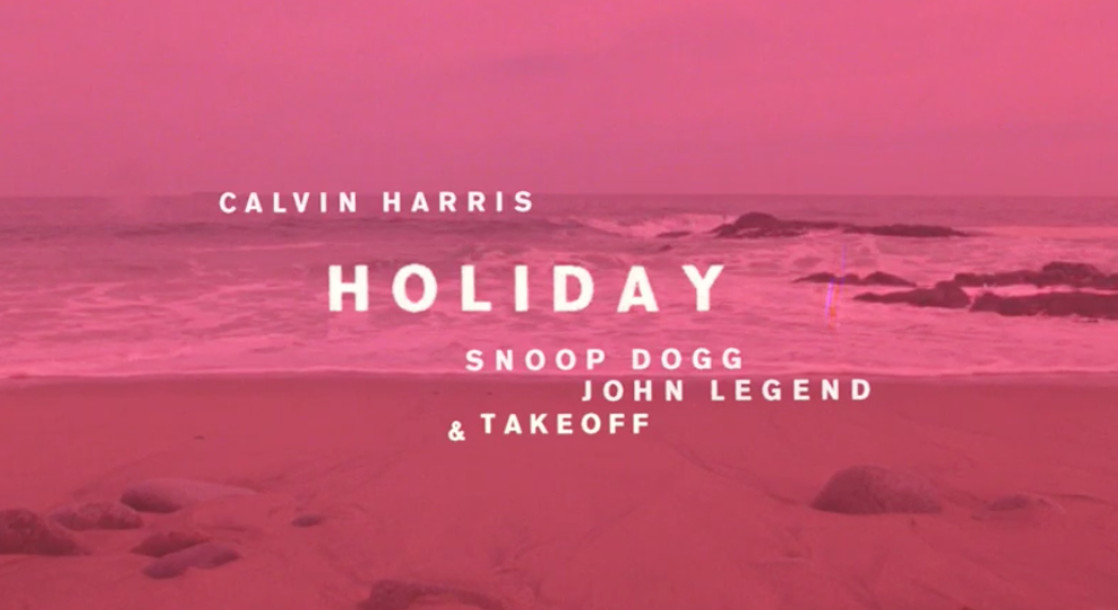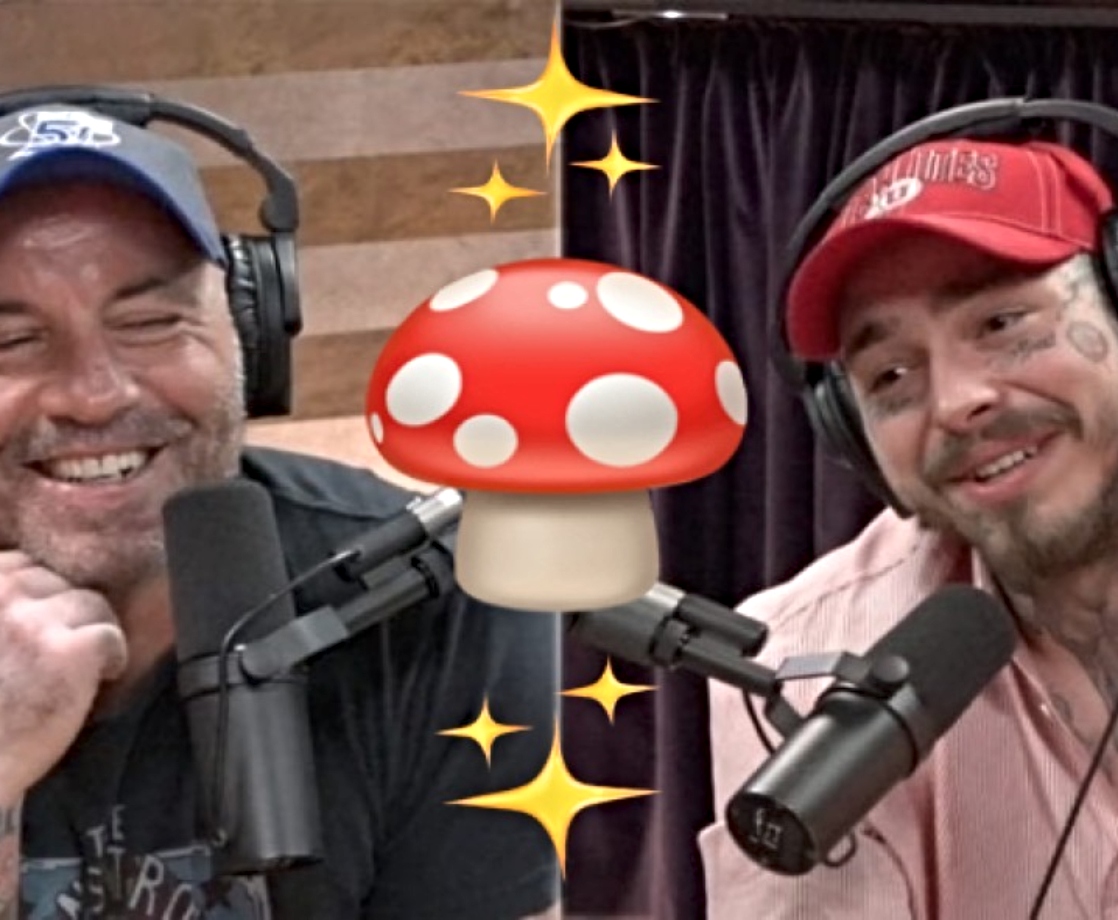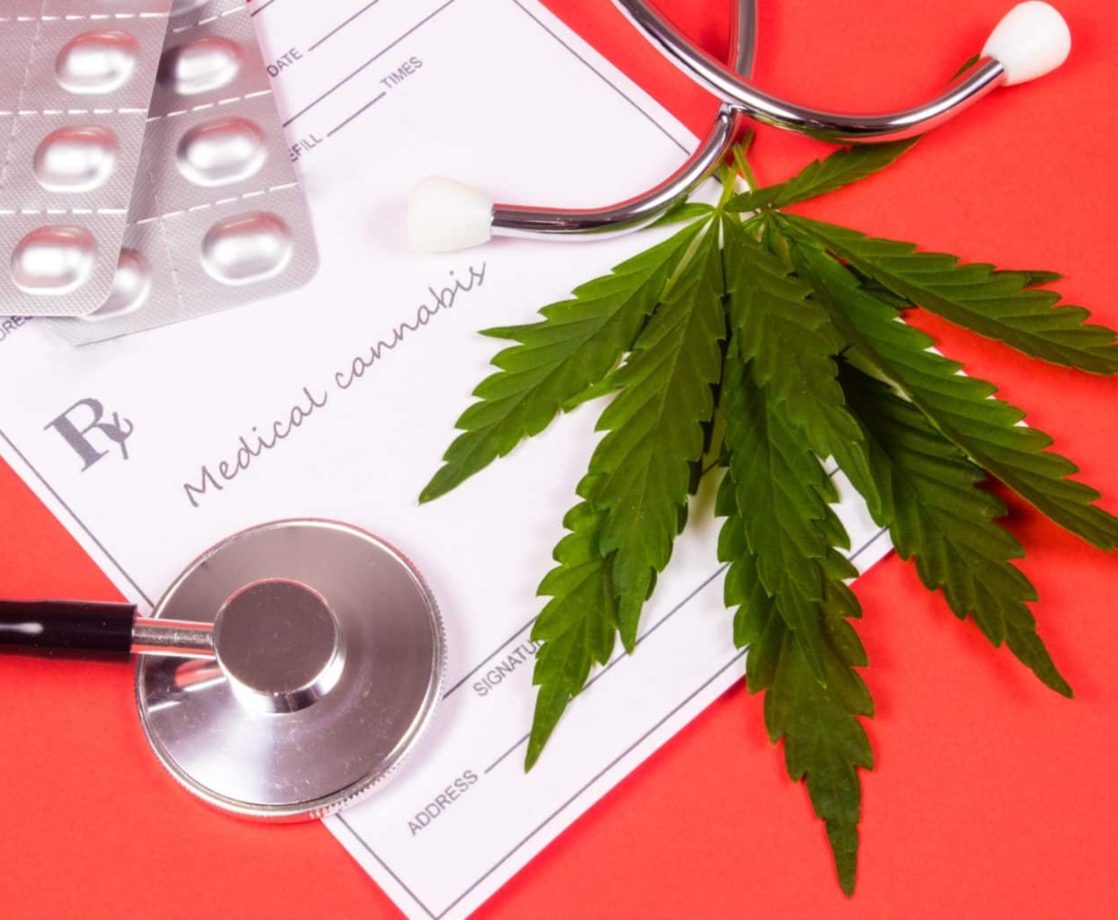Anthony Carter has panic attacks at work.
As a correctional officer at a notoriously violent prison in northern Alabama, he spends 40 hours a week — on shifts as long as 16 hours — locked inside with 1,500 inmates. The facility he works at is among the most overcrowded and understaffed in the country. He describes a lawless parallel universe where murders happen over a bag of FritoLays, and brutal sexual assaults occur nearly every day.
When inmates attack, he says, they are often high on amphetamines and temporarily immune to pain. They stab with homemade shanks designed to puncture rather than slice, so wounds can’t be stitched. A federal class-action lawsuit filed in 2016 by the Equal Justice Initiative on behalf of inmates cited such a high tolerance of violence at the prison that it violated prisoners’ constitutional rights and posed a serious risk to guards.
“Sometimes when I get home, I just sit, and my girlfriend will think I’m mad at her or something,” says Carter, who’s 34-years-old. “I’m like, ‘Baby, you gotta understand, I work in a prison… Sometimes I need days to be absolutely by myself and deal with what the fuck I’ve just seen.’”
Carter, who is using a pseudonym, does not see a therapist. The last time he received formal mental health treatment was in middle school. He joined a program for at-risk youth in Birmingham, and a male counselor who gave him a ride after school tried to trick Carter into taking out his penis. As an adult, lying on his living room floor with the lights out feels like his best shot at self-care.
That’s changed recently, though. For the last several months, Carter has found relief in a most unlikely place: Peyote ceremonies held in rural Blount County, an area he says was “hangman city” in the 1960s and an “awful place to be caught” if you were black, which Carter is. “I was pretty nervous about going out into the woods with a bunch of white people. I had never done anything like peyote before.”
But seeking connection and growth, he pressed through his initial discomfort and joined the Oklevueha Native American Church of Inner Light after stumbling upon it on Facebook. The organization, founded in 2015, uses entheogenic plant sacraments including cannabis, psilocybin mushrooms, and peyote in ceremonial gatherings.
“Every time I go, I get more enlightened,” he says of the church’s monthly psychedelic offering. “I learn how to deal with life in a different way. I just feel so relieved, like a burden has been taken away from me, and each time I go there’s more and more cleansing. More and more, I’m at peace.”
Peyote tea (Maura McNamara)
When you drive through Hayden, Alabama, on Hwy 31, you are greeted by a large overhead sign in front of the Blount County Baptist Church. It is styled in the tradition of cheeky condemnation iconic to the American South. On one side it chides “YOU THINK THIS IS HOT,” and on the other, “THIS HEAT IS TEMPORARY.” In this part of the world, imminent, eternal torture by way of hellfire is as implicitly understood as the weather.
Just five minutes down the road from the Baptist church lives Chris Rushing, founder of the Church of Inner Light, with his wife Janice and two adult sons. On nights when the moon is full, you can find him in the woods of his 40-acre plot of private land with about a dozen others. The group gathers around a fire to drink peyote tea and eat peyote powder from a wooden bowl, passed clockwise around the circle. Unlike the rest of the county, there will be no talk of hell here.
Instead, the group plays an assortment of hand drums and singing bowls. They burn sage and pass joints. Occasionally, someone steps away from the fire to walk along the moonlit creek and commune with the frogs croaking from the pond. Now and then, you can hear owls and coyotes in the distance. A little further off, you might catch the sound of someone vomiting into the bushes.
Peyote is a psychoactive cactus indigenous to northern Mexico and southern Texas. It’s among the most powerful plant medicines, producing profound mystical experiences that pull you into the realm of divine connectedness. People report seeing the entirety of the universe, but not necessarily through their own eyes, usually altering one’s perspective forever. The impact of mystical experiences on mental health is why researchers are infatuated with psychedelics, such as peyote. Though studies are limited on cacti, research indicates that people who use natural mescaline are significantly less likely to need psychiatric medications, such as antidepressants or benzodiazapines.
Native American groups have used it as a community healing modality for at least 10,000 years. After European colonization and forced migration ravaged indigenous communities across the American South, the combination of peyote and religion/spirituality was intentionally fostered in the late 1880s among displaced indigenous people seeking to regain a sense of identity and ethos.
But, missionaries threatened by indigenous autonomy soon began systematically pushing to outlaw the practice. When sweat lodge and Sun Dance ceremonies became federally illegal in 1904, peyotism went underground, too. It wasn’t until the American Indian Religious Freedom Act (AIRFA) of 1978 that these laws were reversed. Then, in 2005, the Oklevueha Native American Church (ONAC) was acknowledged by the US Supreme Court for its right to religious freedoms, including the belief that anything growing from the ground was intentionally created by God for medicinal, spiritual, and healing purposes.
Today, anyone can pay a $200 fee to join ONAC and receive a membership card that designates a legal right to carry and consume small amounts of psychoactive plants that are otherwise Schedule I drugs. While peyote is the only controlled substance upheld in the Supreme Court, a lot of gray area still exists around cannabis and psilocybin mushrooms. It’s under this model, however, that Chris Rushing is able to offer plant medicine ceremonies in Alabama to people like Carter.
In recent years, the ONAC mother church, as the organization calls its primary organizing body in Utah, and some of its affiliate branches have come under fire for both spiritual and legal corruption. Some say ONAC exploits a sacred lineage for the financial benefit of non-native leaders, though a 2004 ruling in Utah confirmed that enrollment in a Native American tribe is not a prerequisite for ONAC membership. However, according to information provided by psychedelic educator Bia Labate, the organization charges as much as $7,000 to those who wish to start an ONAC church, even though selling religion is considered abhorrent to indigenous traditions.
Some who pony up this hefty fee have been accused of manipulating the legal protections afforded by the AIRFA to grow and sell large quantities of cannabis, in particular, for the express purpose of turning a profit on the black market. One prosecutor quoted by Michigan Live called ONAC, “a scam designed to provide constitutional protection to drug dealers.”
There is also the case of Tracy Elise, founder of the formerly ONAC-affiliated Goddess Temple in Arizona, who in 2011 was sentenced to 4.5 years in prison for running a brothel under the pretext of offering “religious” services through sexual healing. Regardless of the legality around cannabis or sex work, many see these wily legal maneuvers as a perversion of ONAC’s self-proclaimed spiritual mandate to be “caretakers and defenders of the indigenous ways.”
Rushing became involved with ONAC in the early 2010s, but does not identify with a Native American tribe. He is informed by mentorship from indigenous elders and a personal belief in Christ, but his ceremonies are not religious by the standards of either tradition. Indigenous peyote ceremonies performed in a tipi under the guidance of a Roadman are highly structured, with participants expected to maintain an upright seated position in silence throughout the night. Rushing, instead, encourages open interpretation and self-expression, allowing congregants to interact however they are moved by spirit throughout the ceremony, as long as it is safe and respectful.
The Church of Inner Light is a free-standing ONAC church, meaning it is now an independent group. It was gifted its legal papers in 2015 through the Oklevueha Church, however. Like others, Rushing carries concerns about the quality of ONAC leadership and has considered removing “Oklevueha” from the name of his church after years of unpleasant experiences. He says that after a regime change at the mother church several years ago, new leaders retroactively demanded he pay exorbitant fees to continue operating, despite the founding paperwork that he says validates his church as long as the “rivers run and the sun shines.” According to the ONAC mother church, however, Rushing’s “branch was distrusted from Oklevueha Native American Church back in early 2019. They are not associated or recognized by us in any way.”
“They thought we were growing and selling a lot of cannabis like some of the other churches out in California,” says Rushing, explaining that the new leaders felt entitled to a cut of his non-existent black market business. Rushing refused to give in to extortion, and ONAC was never able to provide evidence to support their claims. According to Rushing, they instead made him and the members of his church the target of a pointed campaign of slander and harassment that only stopped when he hired a lawyer and threatened serious legal repercussions.
“They want their money. That’s what this all comes down to,” he says. “They’re taking advantage of people and looking to make a profit. They have to be stopped.”
Rushing refuses to allow the long shadow of questionable ethics at ONAC to overpower the work he is doing in Alabama. The Church of Inner Light is accessible to all people with an open heart and good intentions, regardless of race, religion, gender, or other social constructs. He also refuses to charge a set fee for ceremonies, instead relying completely on a donation-based model. “I’ve just been trying to do my own thing to show people who we are,” he told MERRY JANE in an interview.
What that looks like for Rushing is sitting in ceremony with hundreds of people over the last decade, many of whom arrive in dire condition. At least one person, on the brink of suicide, came to take mushrooms as a last resort and now credits the experience with saving his life and his family. Others come seeking relief from addiction, anxiety, PTSD, or general malaise and disconnection.
Rushing calls psychedelic medicine “spiritual surgery,” because it heals traumas at the root, reconnecting people to their innate place of belonging and wholeness in the universe. Roland Griffiths, a professor of psychiatry and behavioral sciences at Johns Hopkins University, who also heads its psilocybin studies, concurs. In a 2016 interview with Business Insider, Griffiths references a study citing a significant decrease in depression and anxiety among 81 percent of participants after a single psilocybin experience. “I don’t think we have any models of psychiatry like that. It’s more like a surgical intervention.”
Science is currently unable to pinpoint how psychedelics treat psychic wounds so effectively. But, the US government recognizes the power of these substances, particularly psilocybin mushrooms, which are now officially considered a “breakthrough therapy” for PTSD, depression, and other psychiatric issues. Griffiths says he’s suspicious of overly simplistic stories about the physiological mechanics. But, he likens the effect of medicinal psychedelics to a kind of reverse-PTSD where, instead of a single terrible experience forever altering a person’s relationship to the world, a “single meaningful experience that people highly value… has transformational, enduring effects.”
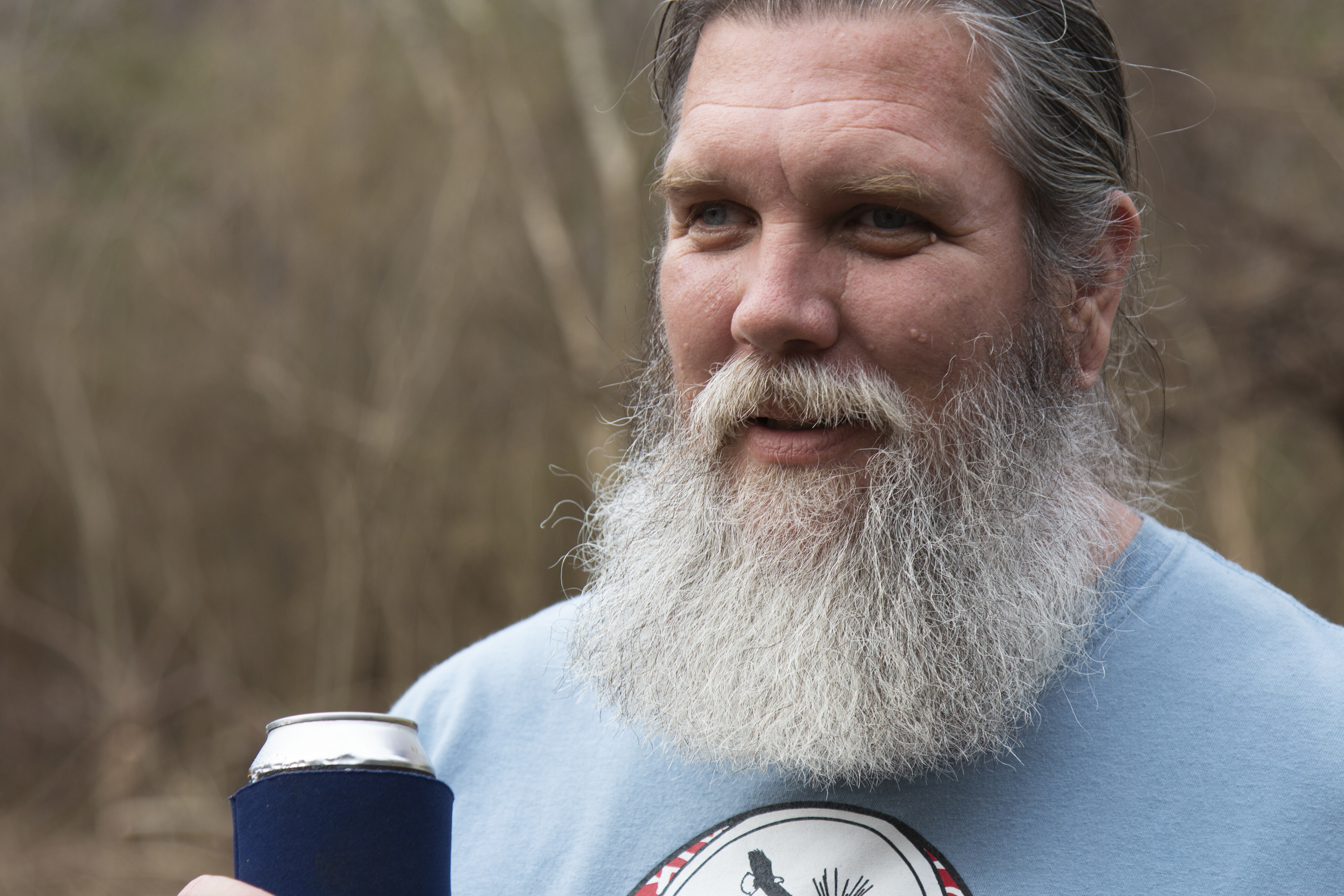
Chris Rushing (Maura McNamara)
Alabama is not known for maintaining a cutting edge in much besides football and fried food. Last year, it ranked as the second-to-worst state in the union overall by the US News & World Report (followed only by Louisiana), an assessment based on thousands of data points including healthcare, education, infrastructure, crime, and fiscal stability. It boasts some of the highest rates of mental illness and the lowest rates of access to medical care and treatment.
“At 12 percent, the depression rate in Alabama is double the national average,” said Dr. Richard Shelton, a professor of psychiatry at the University of Alabama, Birmingham, according to Birmingham Medical News. “Suicide rates are also significantly higher.” The dark irony is the fact that the state comes in dead last for the availability of mental healthcare professionals who can treat patients.
These statistics belie a complex and painful history that pulses barely below the surface in this part of the world. From the Trail of Tears, which forced approximately 100,000 Native Americans out of their ancestral homelands in the 1830s, to the ongoing legacy of slavery, Jim Crow, and mass incarceration, Alabama is a land of unhealed wounds. Centuries-old systems designed for exploitation haven’t evolved and are barely functional today. Consider the traumatic toll of mass incarceration alone: If Alabama were a country, it would boast the highest rate of incarceration per capita of any country in the world, with 861 people in jail for every 100,000 Alabamians. (The runner-up, Cuba, incarcerates 510 out of every 100,000 citizens).
Options for a holistic life in Alabama are limited. Many in Rushing’s community work physically demanding jobs, like manufacturing, in a state where the minimum wage remains $7.25 an hour. Carter, who grew up in what he calls “a slum of a neighborhood” with almost no job opportunities, says making it as a rapper or pro athlete were the only models for success. Becoming initiated into a gang as a preteen, he marvels that he’s still alive. “Being a young black male between the ages of 12 to 20 is a death trap,” he told MERRY JANE.
So, the opportunity to work in corrections and earn a liveable wage to support his three children was a seductive catch-22, due to the horrific violence he witnesses daily. “You think you want to work there because the money is good,” he says of the prison. “Then you actually get in there, and you’re like, ‘What the fuck have I gotten myself into?’”
When we contacted Dr. Shelton for a deeper understanding of Alabama’s high rate of depression, he identified a confluence of three factors: “The relative health of the citizens of the state, primarily related to obesity; poverty; and lack of access to treatment.” He also notes that the proliferation of handguns in Alabama contributes to a high rate of suicide, which isn’t an opinion. Research firmly shows that reducing access to firearms — a cultural and political taboo in the South — reduces suicides.
As for treatment, antidepressants are the primary intervention of choice for healthcare professionals. And, while Dr. Shelton says these medications can help reduce depression, he suggests they do little more than reduce anxiety symptoms for those suffering from PTSD. It can be inferred, then, that these meds are not an effective tool for real healing — let alone “curing” — this pervasive and disabling condition.
According to Rushing, however, the most significant contributor to rampant depression is one of the most entrenched institutions in the South: Evangelical Christianity. These churches provide white men with positions of leadership tied to massive cultural and political power, which are often abused to serve materialism, greed, and control rather than the needs of communities. He observes that Evangelical Christian dogma is shame-based, ostracizing those who make mistakes and inhibiting people from being vulnerable about their traumas.
“A lot of people have some part of themselves that’s been suppressed, something that’s happened to them, but they don’t ever talk about it,” Rushing says. “People just need somebody to talk to who’s not going to tell them they’re going to hell, and they have no chance.” Alienation only compounds suffering. “Hell is right here, right now, inside people’s minds.”
For Rushing, the answer is a return to “Christ’s pure message of love,” as taught in the New Testament and reinforced by his experiences with plant medicines. He advocates for compassionate listening, radical acceptance, and a rediscovery of unconditional love, and he aims to incorporate these tenets into a non-judgmental mentality within his community. He plans to begin offering regular Sunday sermons independent of his peyote ceremonies, where he will preach his understanding of Christ’s true gospel, one that is disruptive of dominant religious and social paradigms. “We need to have love for the gas station attendant that we don’t even know,” he says. “Just love that person because they’re a person.”
Peyote button (Maura McNamara)
Rushing is aware that he risks confrontation from many in the Deep South for his outspoken approach to religion and spirituality. Though the sheriff is aware of his activities, he says the church encounters problems like bigotry from the local government and businesses nonetheless. According to Rushing, when he took his membership roster to be registered at the county seat, a clerk told him: “We don’t believe in that,” and refused to record the information. He says some local vendors have also refused services.
But, just as entheogens work on the subconscious programming of the human psyche, Rushing believes the only way to bring healing to the American South is to transform it on a fundamental, structural level. His vision for Alabama is much bigger than religious freedom. It includes the turnover of local and state bureaucracies from ultra-conservative to more progressive, as well as an organized push for cannabis legalization, followed by all entheogens. Rushing is a rabid self-educator and enthusiastic admirer of movements like Decriminalize Nature and SPORE, which inform the approach to psychedelic access he hopes to proliferate in the South.
“I know that plant medicines have been purposely suppressed here to suppress knowledge,” he asserts.
Though the state Senate recently passed a medical marijuana bill that would allow non-smokable forms of the plant, Rushing is suspicious of the path to access that’s currently unfolding in Alabama. He says it’s driven by profits and will reward the same wealthy white ruling class that currently dominates business in Alabama. This could create a glut of mass-produced cannabis products contaminated by pesticides that shouldn’t be used as medicine. Rather, he’s devoted to models of life-sustaining, affordable cannabis cultivation that serves community-based healing over the “Money God” worshipped by green rush opportunists.
In addition, Rushing is currently building a sanctuary on his property that will serve as a central space of ceremony, as well as a community venue for art, music, and classes. His wife, Janice, will run an herbalism practice and apothecary out of the building, too. They plan to offer men’s and women’s sharing circles, and facilitating more intentional psychedelic integration support.
As of late, Rushing uses peyote to manage anxiety symptoms that flare in direct proportion to the magnitude of these undertakings, but his faith is unshaken. “We’re planting seeds,” he says. “It’s up to God to make it grow.”
Peyote prompted radical healing for Carter, who’s attended four ceremonies over the past 10 months. For the first time, he has a place to decompress from the persistent suffering of his workplace without isolating himself. “I got people I can be around, and it’s peaceful. Nobody hates me because of my skin color. If there’s anything physical they want to do to me, it’s come up and hug me. That motion of holding somebody close to your being and just breathing with them? That can change your life.”
He says peyote helps him feel more at ease with everything around him, including the Earth, and credits the cactus with spontaneously releasing him from the homophobia that was culturally imprinted on him in childhood. “These ceremonies have opened my eyes. You have to love people. No matter who a person wants to be… God has made that person, and he challenged us to love.”
As for the prison job, Carter wants to find a new career where he can support his kids without sacrificing his mental health, but the path forward is still unclear. “It’s how I make a living right now,” he acknowledges. “I’m just happy it hasn’t taken all of me from me, because it most definitely takes a piece of me every time I walk in there.”
The need for mental health solutions throughout the South and across Western culture at large is undeniable. Entheogenic plants and fungi springing from the ground seem to offer an inherently democratic answer to the spiritual sicknesses that have spread en masse, alongside the rise of modern cities, corporations, and capitalist values.
But, a major paradigm shift is underway in our collective. Substances like ketamine and psilocybin are being studied as treatments for depression, suicidal thoughts, and anxiety. Meanwhile, decriminalization movements operating outside of institutional frameworks across the country are pushing to expand access to entheogens through community organizing, education, and advocacy.
But as long as plant medicines remain federally illegal and access is restrained by colonial gatekeepers, pursuing this natural resource will continue to require courage and creativity. Those in search of help who feel abandoned by sanctioned channels of mental healthcare will be forced to seek refuge in imperfect solutions like ONAC, which is inherently fraught with complications of cultural appropriation and hierarchical power struggles. But for now, those like Rushing and Carter will continue to meet in the woods, passing a bowl of peyote powder under the moon, and reminding one another of their inalienable right to wholeness and health.
Follow Maura McNamara on Instagram


